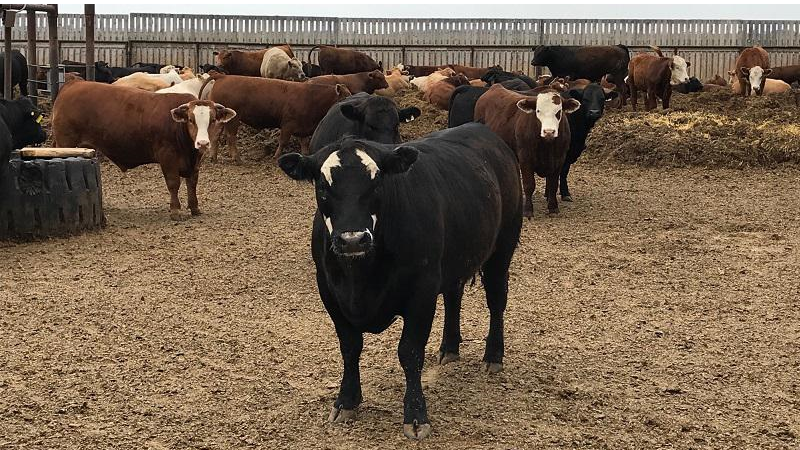
Cost of Coutts blockade adds up; Beef industry calls for resolution
LETHBRIDGE, AB. — With the disruption at the Coutts border crossing approaching day seven, Canada’s beef industry has serious concerns with supply chain challenges, including the lack of access to feed coming from the U.S. and impacts on cross border movement of cattle and meat products.
Alberta Beef Producers (ABP), the Alberta Cattle Feeders’ Association (ACFA), and the Canadian Cattlemen’s Association (CCA) are calling for a resolution and the restoration of an essential supply chain.
They want to see the blockade resolved safely and effectively for all involved. They point out food and agriculture are deemed an essential service and needed to continue moving supply chains during the pandemic and it’s critical agriculture continues to operate without disruption.
Since the Canadian and American beef industries are highly integrated, every day the industry is unable to move cattle, beef, or access feed puts the entire supply chain at risk. Canadian beef producers are already facing challenging supply issues from access to feed, following the devastating drought conditions in 2021, limited rail access, and trucking shortages.


